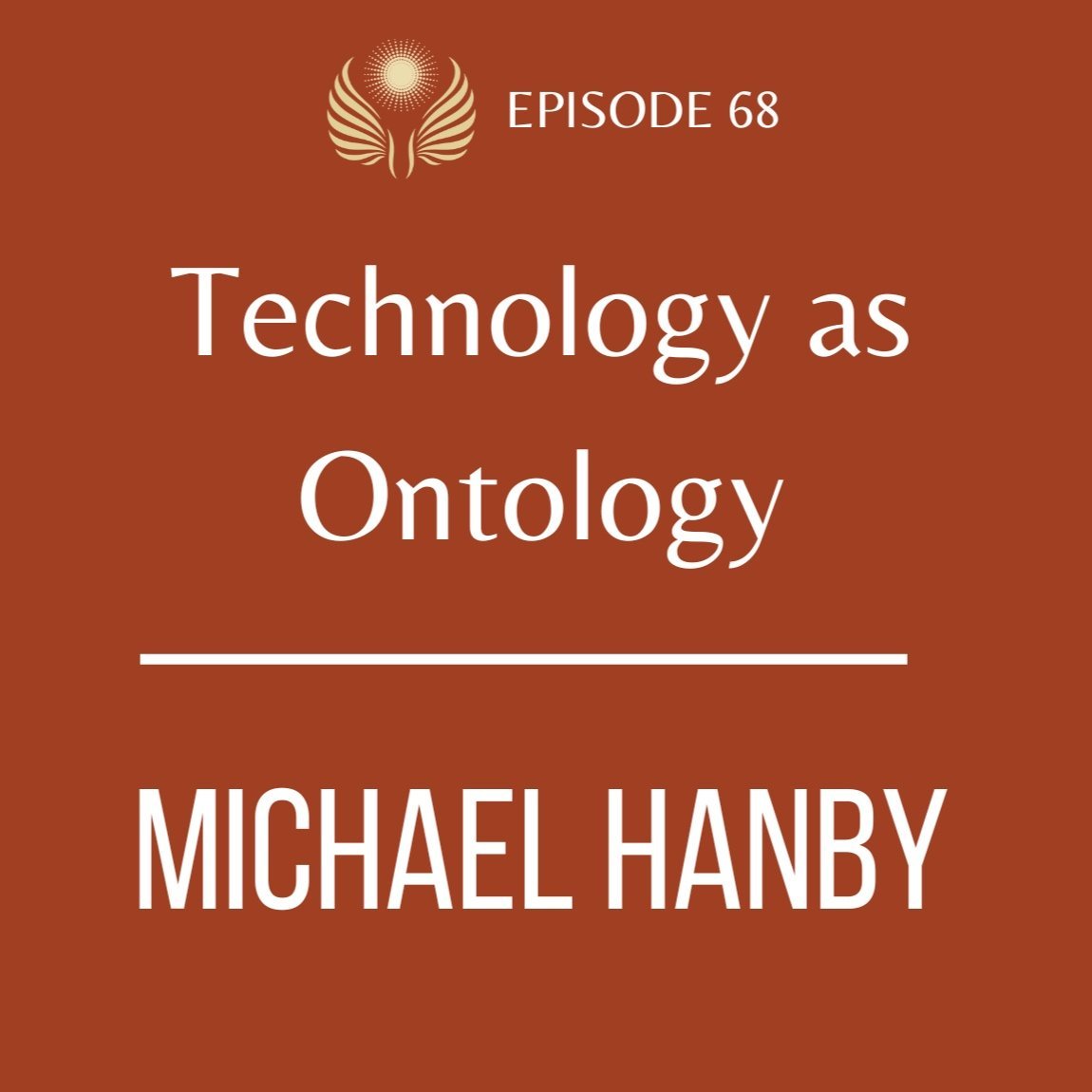The Genealogies of Modernity Journal
Modernity and the Evolution of Consciousness: Part I
[T]the distinction we make today between inner realities (consciousness) and outer realities (the physical universe) is not final, nor is it an accurate basis for reconstructing… the pre-human past.
Ashton Arnoldy on modernity as real stage in human history
An Update on the Australian Catholic University
It is a chief responsibility of the humanities to remember and interpret the past so that we can understand the present.
Ryan McDermott on proposed faculty cuts at ACU [update]
A Genealogy of Illness Cost Coverage in the United States
[T]he decline of sickness funds and early community-rated plans transformed a system rooted in voluntarism and mutual aid…
Grant Martsolf on the transition from industrial sickness funds to insurance plans in the United States
What's Wrong with the Modern World?
How does the past bear on the present? Has “modernity” always been around?
Ryan McDermott’s interview with the Spiritually Incorrect Podcast
The Whole Mystery of Christ: Part II
For Maximus, evil occurs when we lend reality to a false way of being in the world…
Joseph Reigle on Jordan Wood’s The Whole Mystery of Christ
The Whole Mystery of Christ: Part I
It is possible to frame the entire theological enterprise as an attempt to answer the following question: How does the Creator relate to creation?
Joseph Reigle on Jordan Wood’s The Whole Mystery of Christ
Deliberate Forgetting at Australian Catholic University
It is a chief responsibility of the humanities to remember and interpret the past so that we can understand the present.
Ryan McDermott on proposed faculty cuts at ACU
The Surprising Future of Irish Christianity
For some, Ireland is the archetype of Christianity’s decline in the wake of modern secularization. But is there a resurgence of theological and philosophical fervor in this traditionally Catholic country?
An interview with Gaven Kerr
Xi’s "China Dream" is Science Fiction: Part II
Through the guise of hypotheticals and future realities, authors of the genre can critique current conditions and disseminate their ideas to a broad, sometimes international, audience.
Andrew Latham and Erica Paley on Chinese science fiction
Xi’s “China Dream” is Science Fiction
Official efforts to promote science fiction in support of national rejuvenation have the perverse effect of encouraging a genre that is shot through with powerful anti-totalitarian tropes.
Andrew Latham and Erica Paley on Chinese science fiction
Technology as Ontology
In a time when technology has made it possible to change our very bodies in ways that would have been unimaginable to previous generations, are we less human than before?
An interview with Michael Hanby
Can AI Be Our Neighbor?
In making computers to solve ethical dilemmas and robots to enter relationships, are we creating something in our own image? Is it possible to separate intelligence or emotion from the body?
An interview with Noreen Herzfeld
In Search of Ordinary Time
Everyday life—that boring and mundane, trivial and profane measure of our existence—assumed tremendous significance when modern artists like Vermeer gave depth perception to our daily doings.
Joshua Hren on ordinary time in art and the Gospels
Is Modernity Haunted by Gnostic Ghosts?
What I'm interested in are those discourses [...] which seem to be interested in negotiating with Christianity, but actually want to overcome it on narrative grounds.
A podcast interview with Cyril O’Regan
Living with our Terminal Diagnosis
Contentment requires that one appreciate the good things in life.... We should view reality with a loving, contemplative gaze, as if we were looking at the Rowan Tree.
Xavier Symons reviews the film Living as an antidote to modern malaise
Virgil, the Shepherd
If we read Virgil’s works closely, we can see how he anticipates a Christian view of creation in his approach to the pastoral…. His vision of pastoral poetry is more Christian than classical.
Mary Grace Mangano on Virgil’s Christian approach to creation
Signals of Barbarism
Early modern science emphasized an optical connection to the universe,' making its brilliance appear close enough to touch. Tragically, this optical achievement consigned the individual to reflect on an unbridgeable distance.
Michael Golec on the confluence of civilization and barbarism
Sacred Artifacts in the Era of the Digitalized Family
Today, the very nature and purpose of the family snapshot has changed. What does it mean that the majority of our pictures of family have become dematerialized?
Arthur Aghajanian on family photographs and the transcendent
Seeing the World, Again
What the interiority of reflection reveals is that which is interior to everything that exists: their reality as God’s creation.
Ali Harfouch on Islamic theology and reflection in the modern age
Inscribing Devotion between the Medieval and the Modern
The donation of portable Mass kits was a way for non-combatants to participate in the war effort in a way that is uniquely tied to religious material culture.
Sarah Luginbill on medieval and modern liturgical inscriptions























